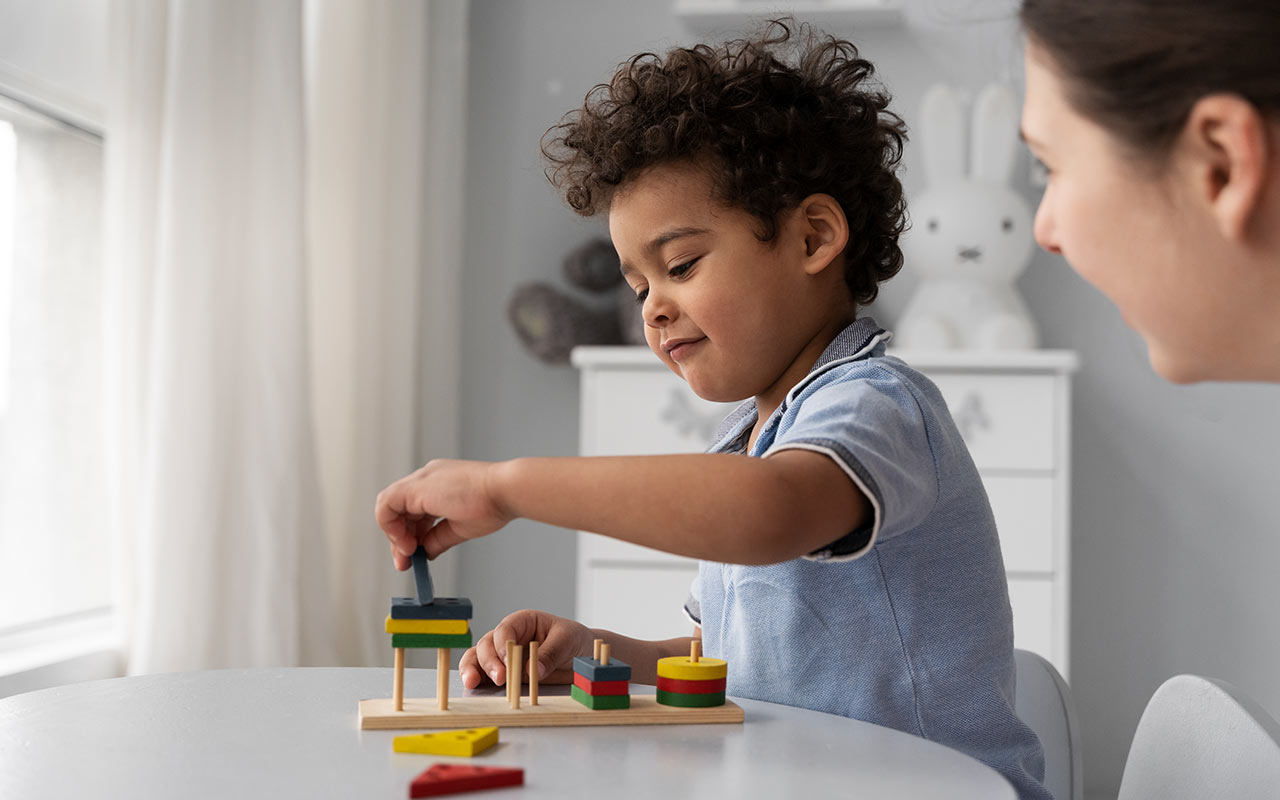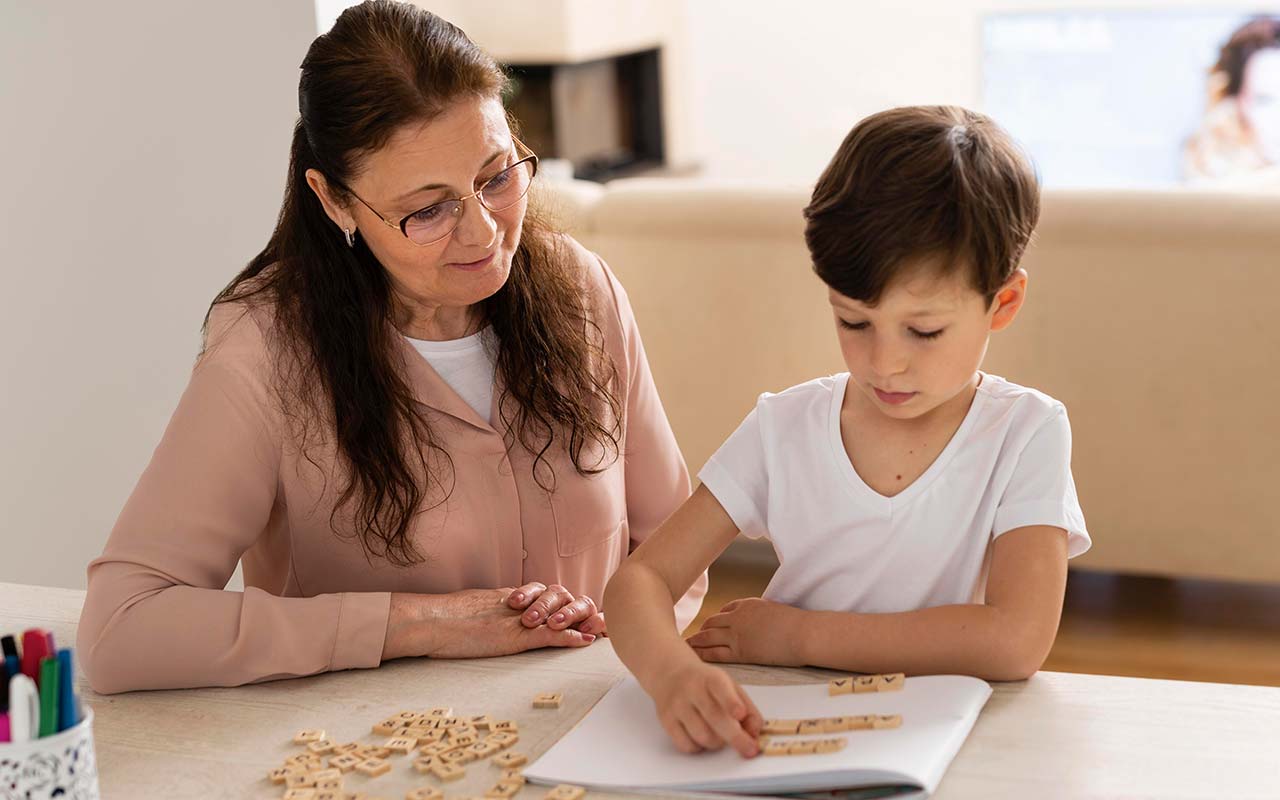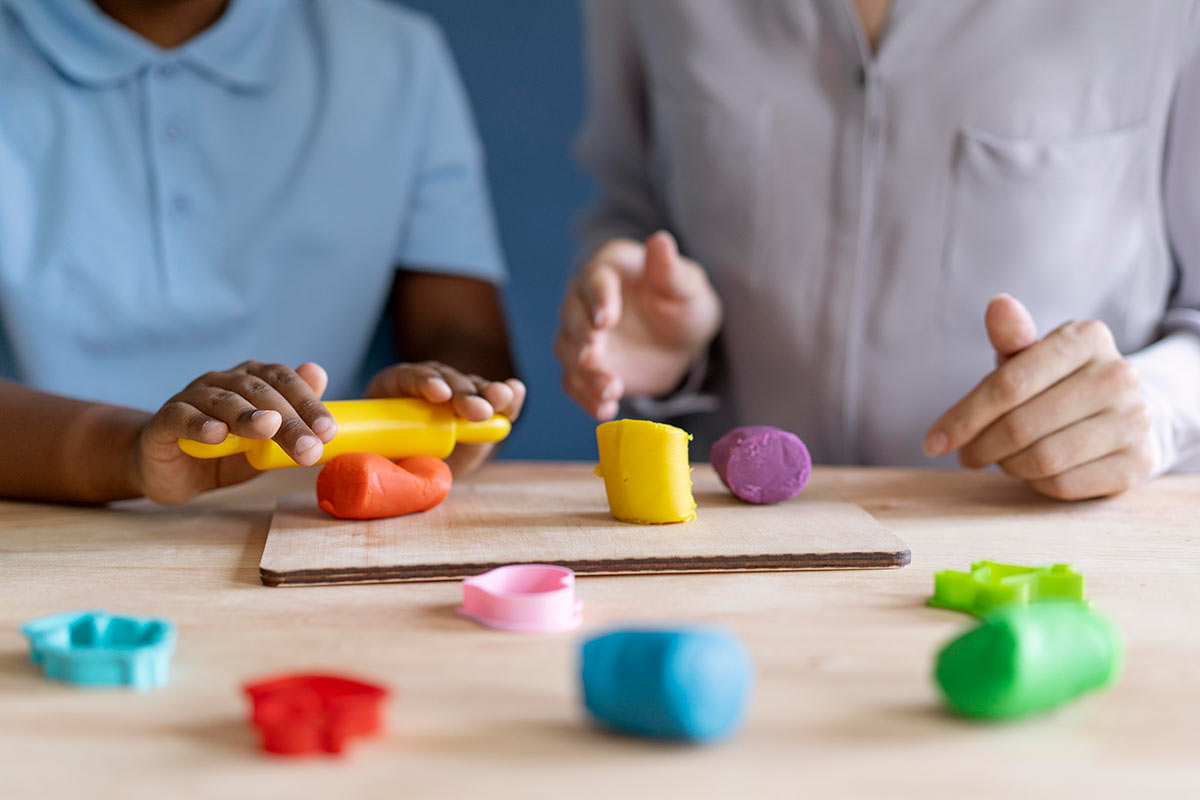Child psychology is the study of the unconscious and conscious development of children. Child psychologists observe how a child interacts with their parents, themselves, and the world to understand their mental development. According to Crow and Crow, “child psychology is a scientific study of the individual from his prenatal onset to the early stages of his adolescent development.” The study and understanding of the first 12-14 years of human behaviour is therefore the main topic of child psychology.
Child psychology is the branch of psychology that deals with the psyche and behaviour of children. Children’s learning is different from adults’. Since the child is the best learner, technology will enhance their learning. The inclusion of technology enhances the teaching and learning process. Child psychology is one of the many branches of psychology. This particular branch focuses on the mind and behaviour of children from prenatal development through adolescence. Child psychology is concerned not only with how children grow up physically but also with their mental, emotional and social development.
Essentially, the goal of child psychology is to compile an objective knowledge base that can provide insight into both the nature of childhood in general and the distinctive characteristics of each child.
Tips for Understanding Child Psychology
- Look. You must know your child if you want to understand him
- Be your child’s best friend
- Spend quality time with your child
- Praise your son
- Listen
- Talk
- Be very careful when speaking
- Toon respect
Child psychologists seek to understand all aspects of child development, including how children learn, think, interact and emotionally respond to their environment, make friends, understand emotions and their own personalities, temperaments and developing capacities. Child psychology can help teachers and future teachers understand differences in student characteristics. Child psychology plays an important role in helping teachers create a beneficial socio-emotional climate in the classroom so that classroom learning can be productive.
Experts differ in their answers to some of the biggest questions in child psychology, such as whether early experiences are more important than later ones or whether nature or upbringing plays a greater role in development. As childhood plays such an important role in the rest of life, it is not surprising that this topic has become so important within psychology, sociology and education.
The culture in which a child lives contributes to a set of values, habits, shared assumptions and ways of life that influence development throughout life. Culture can play a role in how children relate to parents, the type of education they receive, and the type of care provided.
Relationships with peers and adults influence the way children think, learn and develop. Families, schools and peers are all an important part of the social context. Social class can also play an important role in a child’s development. Socioeconomic status (often abbreviated to SES) is based on a number of different factors, including how much education people have, how much money they earn, what jobs they have, and where they live.
Child psychologists may specialize in helping children deal with specific developmental issues, or they may take a more general approach. Either way, these professionals strive to help children overcome potential problems and grow in a way that leads to healthy outcomes.
Understanding what motivates children is a daunting task, which is why the study of child psychology is both broad and deep. The aim is to examine the many influences that combine and interact to make children who they are, and to use this information to improve parenting, education, child care, psychotherapy and d other areas related to child well-being.
By understanding how children grow, think and behave, parents and professionals who work with children can be better prepared to help the children in their care. children continue to grow and change in surprising ways as they progress from infancy to school age. During the preoperative phase, between the ages of 2 and 7, young children continue to grow taller as their bodies take on more adult proportions.










